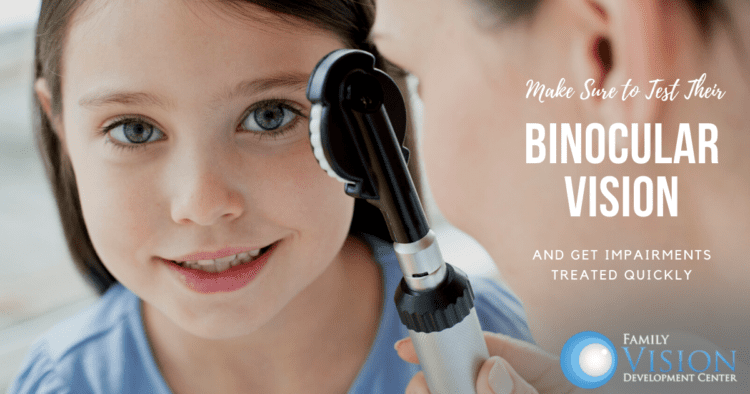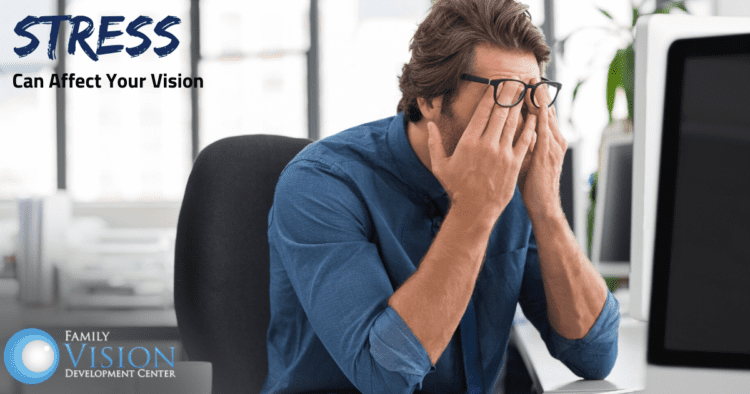

Two Eyes are Better Than One! Why Binocular Vision is Important
The human visual system is a complex network including the eye, ocular nerves, and key brain areas that process visual information. Under most circumstances, we use information from both eyes to create a single visual image. This ability to converge information from both eyes is called binocular vision. However, in some cases, the eyes fail to seamlessly meld visual information into a coherent image. This leads to binocular vision impairments which can cause problems seeing things correctly.
How Does Binocular Vision Work?
Unlike some other animals, human eyes are both set on the front of the face, permitting binocular vision. Each eye has a field of view, which is the area that you can see when you close one eye. The center of the eyes’ fields of view overlap with one another, although visual information in the periphery can only be detected by one eye. This information is transmitted to an area of the brain which synthesizes the overlapping visual information to make a single coordinated image.
Examples Of Binocular Vision Problems
When the eyes are not working together properly, it can cause full or partial impairments to vision and depth perception. This can result in conditions like Amblyopia (“lazy eye”), strabismus (cross-eye), convergence insufficiency, double vision or eye tracking problems. A child or adult that has one of these conditions can experience difficulty reading or completing homework, playing sports, driving or even tying a shoe.
Binocular vision impairments are not always obvious. For example, a child may suffer from Amblyopia but may not have an obvious turning of one eye. This is why early detection is so important! Often times, these conditions can only be accurately detected in a comprehensive eye exam. School screenings are not enough, so be sure to bring your kids in to Family Vision Development Center on a regular basis to detect any problems while they are still easily treatable.
Vision Therapy Can Help Correct Binocular Vision Impairment
Some binocular vision disorders can be treated with eyeglasses, but often times the best choice of treatment is a vision therapy program. Family Vision offers highly specialized programs in our office that are customized for each patient. This treatment, known as physical therapy for the visual system, uses special eye exercises to develop or regain normal visual skills. As a treatment for binocular vision issues, it is much more effective than surgery or glasses alone.
Contact us at 630-862-2020 to schedule an appointment or learn more about Family Vision Development Center at https://www.fvdcpc.com/.

